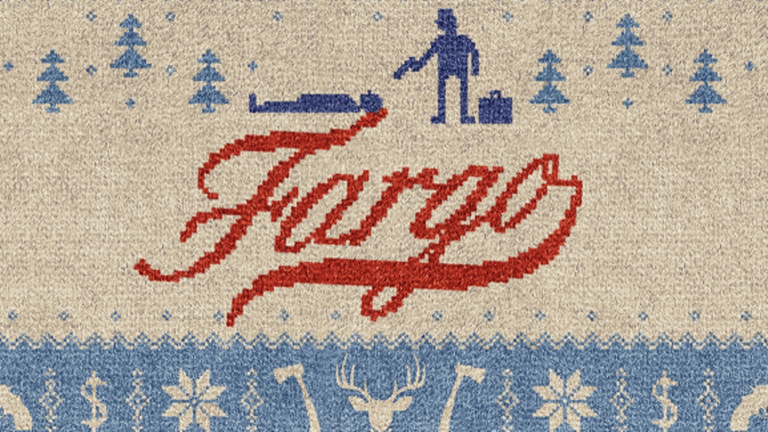
Fargo works for many reasons, one of which is that you never quite really know what scene is arriving next: silly? sad? off-putting? horrific? gut-busting? That previous one could go quite literally either way for this show, and it makes for visceral browsing. Season 3 scales down somewhat from the alluring world of criminal households and UFOs, but Hawley never loses the center of what makes Fargo click: a regular person makes a terrible mistake, and undoes a lynchpin of civility and order that was otherwise keeping a sleepy town back from the brink of mayhem. The plot isn't as dense or layered as previous seasons (yet), but Hawley's unique touch shows up in just the right amount of places to compel, particularly in a disjointed, Tarantino-esque beginning scene.
So while season 3 is somewhat more personal (a sibling competition versus a criminal underworld), it is no less engaging. That's because Hawley has gathered yet another group of fantastic stars, perhaps the best yet in Fargo's run, to embody his absurd little world. In the central roles, McGregor is as seamless a visible result as he needed to be, both when he is on screen with him or her self and when he's not, affecting great chemistry with business partner Sy (Michael Stuhlbarg) and V. Meters. Vargas (David Thewlis), a mysterious investor who brings trouble to Emmit's real estate empire.
McGregor's other persona, Ray, spends almost all of his time with Winstead's brash, bubblegum-popping parolee Nikki, and Winstead is (unsurprisingly) fantastic. She's Ray's source of motivation, but in addition, she commences to taint him in believably mischievous ways; as someone who has played main character roles more recently, is actually a thrill to see Winstead play a persona with some increasingly sketchy morals. Carrie Coon, in the meantime, is engaging as at any time in the lead role, dotting Gloria's personality with a restrained goofiness that instantly endears, but your woman doesn't always have much to do in the premiere. In an even smaller role, Scoot McNairy momentarily abducts the episode out from under the best names, making his occurrence in the tundra of Fargo feel as memorable as it was inevitable.
If the season 3 premiere comes in short supply of previous years, is actually in developing a more all-encompassing threat ahead of the crime that will (presumably) permeate the staying nine episodes. The killers at the Nygaard house in season 1 and the Waffle Hut extermination in season 2 (both that occurred in the first episode with their respective seasons) are more satisfying openers than what begets poor people folks in and around Eden Vly, Minnesota in season 3. The shock is still there, and the curvy plot that untangles and brings about the first professional getting got rid of is as satisfying to follow as ever before, but as of yet the year lacks a convincing menace that would well to underscore -- and celebrate -- the show's bizarre humor in previous installments.
That's not to say that it doesn't feel like bad things are coming, because they are, as sure as every episode starts get back classic "This is an absolute story... " name card. The chaos is inevitable, the unpredictability a certainty, but it's Hawley's graceful execution of multi-colored characters -- both good and bad and a lttle bit of gray -- who are wracked by catastrophic events that enthralls. That will survive? Who should get to outlive? Are bad decisions irredeemable? As Fausto ponders with her kid in the premiere, "I think deep down coming from all of us received something positive inside, may you think? "
Regrettably for Gloria, she's received it the wrong way around: the people breaching on her small town are friendly faces and good ol' boys with negative thoughts burning openings in their otherwise untarnished nature. The way the same thoughts convinced Lester to murder his partner in season one, or allowed Peggy to bring home Rye on the hood of her car in season installment repayments on your That's the cathartic kick of Fargo, and although the 65-minute season 3 premiere might lack the show's scarier elements, it's a heckuva good time being again in Hawley's snow-blasted, happy hellscape all the same.